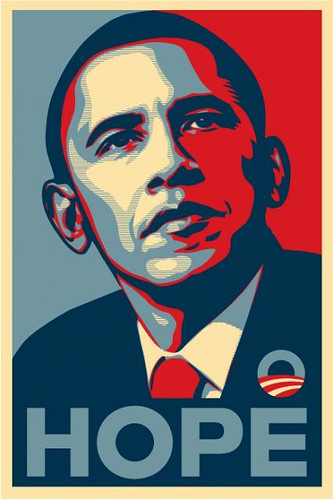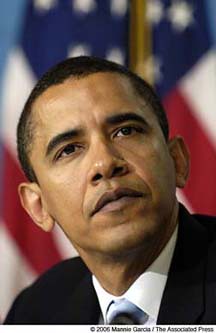We See Your 'Copyright Contributes $1.5 Trillion' And Raise You 'Fair Use Contributes $2.2 Trillion'
from the pointless-numbers dept
The copyright industry lobbyists absolutely love to throw around the bogus and debunked stat that copyright contributes $1.52 trillion to the economy. That number is derived by taking any business that kinda sorta maybe touches copyright (including things like furniture and jewelry) and then assuming that all of the revenue they make is entirely due to copyright. Yes, that's ridiculous. But, if the copyright lobbyists are going to use such bogus methodology to push their agenda, it seems only fair for those on the other side to use the same methodology. Last week, we wrote about a biased editorial by two newspaper industry lawyers in the WSJ (who failed to note the conflicts of interest), claiming that Google violated copyright law, and attacked the concept of fair use.In response, Ed Black, from the Computer & Communications Industry Association wrote a letter to the editor highlighting those lawyers factual mistakes as well as the importance of fair use throughout the industry (thanks to Yano for sending this in). Most of the (short) letter discusses all the wonderful things that fair use allows, and then has this wonderful line at the end:
Businesses dependent upon exceptions to copyright contribute $2.2 trillion to the U.S. economy. They are responsible for one in eight jobs, for a total payroll of $1.2 trillion in 2006. Fair use is serious business; it is the glue that holds the Internet and new technology together. It is worth protecting.This is fantastic. Of course, the number is just as bogus as the $1.52 trillion used by copyright maximalists, but I think that if they're going to use their methodology to make such ridiculous claims, it's only fair to do the same for the contributions to the economy of exceptions to copyright, and as the CCIA clearly demonstrates, the businesses that rely on weaker copyright contribute significantly more to the economy than those that rely on copyright. Thus, by the copyright maximalists own logic (and numbers), shouldn't we be fighting to expand the exceptions to copyright law?









